Electric Car Ownership Advances Environmental and Public Health
Air pollution appears as “a major public health issue and not just an environmental concern” that electric car ownership mitigates, according to Michael Boxwell, author of The Electric Car Guide 2015 Edition.
The 49 pages of text that comprise the book’s 10th chapter on “Electric Cars and the Environment” bring together information relevant to European and world experiences. Public Health England, executive agency of the United Kingdom’s Department of Health, considers that “air pollution is responsible for 5.3% of all deaths in the over-25s.” World Health Organization Fact Sheet No. 313 describes household and outdoor air pollution as respectively attributable to 4.3 million and 3.7 million premature deaths in 2012.
André Nel, Professor of Medicine at the University of California, Los Angeles, estimates tens of millions of complaints of pollution-prompted heart and lung-related diseases in 2005.
*****
Website: http://theelectriccarguide.net
*****


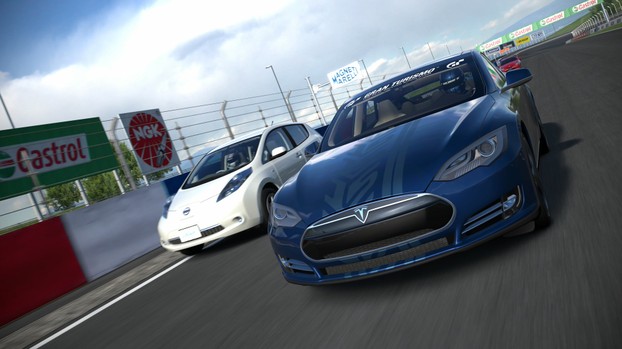

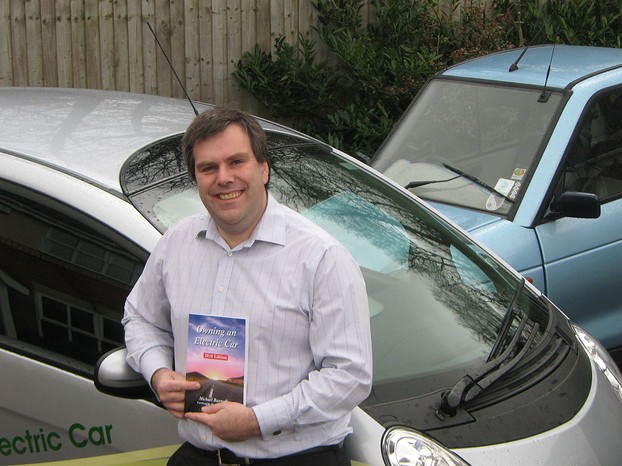
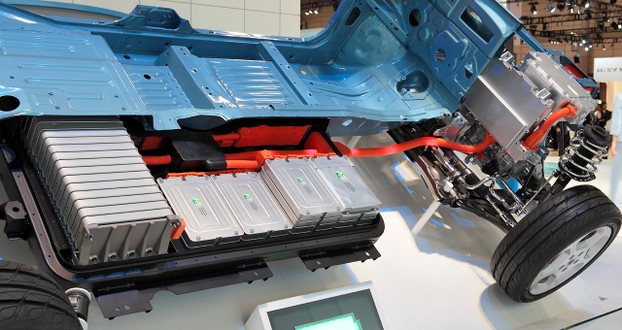



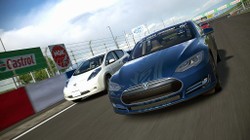

 Are Hawaiian Huakai Po Nightmarchers Avenging Halloween Thursday?on 10/02/2024
Are Hawaiian Huakai Po Nightmarchers Avenging Halloween Thursday?on 10/02/2024
 Mailing Addresses for 2023 Form 4868 Extending 1040 and 1040SR April 15, 2024, Due Dateon 04/15/2024
Mailing Addresses for 2023 Form 4868 Extending 1040 and 1040SR April 15, 2024, Due Dateon 04/15/2024
 Mailing Addresses for 2023 Forms 1040 and 1040SR Filed in 2024on 04/15/2024
Mailing Addresses for 2023 Forms 1040 and 1040SR Filed in 2024on 04/15/2024
 Mailing Addresses for 2022 Form 4868 Extending 1040 and 1040SR April 18, 2023, Due Dateon 04/13/2023
Mailing Addresses for 2022 Form 4868 Extending 1040 and 1040SR April 18, 2023, Due Dateon 04/13/2023


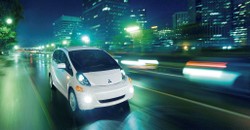
Comments
For those asking the total number of electric vehicles (EVs) sold in the United States in 2024:
In 2024, EV sales in the United States totaled 1.3 million, according to Peter Johnson in "Here are the top 10 best-selling EVs in the US of 2024," posted Jan. 14, 2025, on the American news website Elektrek (https://electrek.co/2025/01/14/top-10...).
Sales of EVs in 2024 accounted for 8.1 percent of total auto sales in 2024. In 2023, EV sales had comprised 7.8 percent of total auto sales.
For those asking the most popular electric car sold in the U.S. in 2024:
Tesla Model Y qualified as number one in sales, according to EV enthusiast, investor and financial writer Peter Johnson in "Here are the top 10 best-selling EVs in the US of 2024," posted Jan. 14, 2025, on the American news website Elektrek (https://electrek.co/2025/01/14/top-10...).
Top 10 electric vehicles sold in the U.S. in 2024:
Tesla Model Y
Tesla Model 3
Ford Mustang Mach-E
Hyundai IONIQ 5
Tesla Cybertruck
Ford F-150 Lightning
Honda Prologue
Chevrolet Equinox EV
Cadillac Lyriq
Rivian R1S
The computer crashed before I commenced another component to my observation and my question in the comment box immediately below.
Scotland developed the first electric vehicle (EV) in 1830. Battery storage capacity emerged as its -- and all other EVs then to now -- biggest challenge. Recharging rates and recharging-station availability furnish competitively, concomitant secondary challenges.
Lars Hanson, in the article Car and driver: Worth the watt: a brief history of the electric car, 1830 to present, dated July 25 and copyrighted 2024 for the Groups.io website, groups hybrid vehicles with own charging energies albeit run electrically as the face of non-gas-driven car development even as the EV holds the future.
A reason is battery improvements, from lead-acid batteries with typical 50 to 100 watt hours per kilogram of weight (50-100 Wh/kg). Why might Tesla move from nickel-cobalt-aluminum chemistry for all EVs to lithium-iron-phosphate chemistry for standard-range EVs even as it maintains nickel-cobalt-aluminum battery chemistry for longer-range EVs?
Lithium batteries nudge typical 260 to 270 watt hours per kilogram of weight (260-270 Wh/kg)!
The Chinese electric car manufacturer Nio offers EVs with 360 Wh/kg energy-dense batteries!
The answer to the last-line question in the comment box immediately below, from Oct. 31, 2024, is Scotland!
Is it a surprise that Scotland inspires a number of interesting iterations of electric vehicles some 150-plus years after their ancestors?
The article Worth the watt: a brief history of the electric car, 1830 to present, by Kevin A. Wilson for the Car and driver site Mar 31, 2023, acts most accessibly, most informatively, most practically in addressing the near-200-year-old ancestors of electric vehicles.
What country appears first in the electric-vehicle experimentation line-up?
CruiseReady, Alternative power sources, such as electricity and steam, lost out to gas-driven cars because of the early twentieth century's oil booms memorialized in such films as There Will Be Blood. They're catching up for lost time now, particularly under the influence of such committed developers as Elon Musk.
It's good that they are now developing the range that an electric car can go on a single charge. it's something that must happen before many could even consider them.
sandyspider, It's interesting that electric cars may have been eclipsed after the beginning years of the twentieth century even though their appeal never vanished. Their early models and those of the Stanley Steamers interest and intrigue me.
We need to protect the environment. Good to learn more about the electric cars.